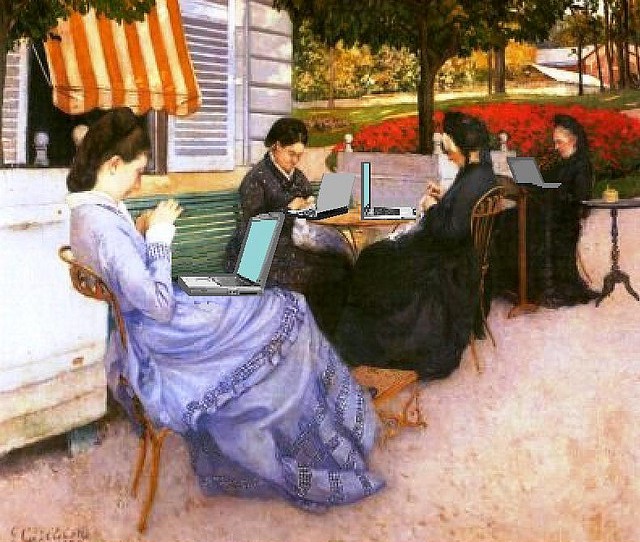
This is a guest post by Ari Herzog.
I confess guilt.
When I recently shared how to write a blog post, I specified the noun, “post.”
That was wrong of me. I should have echoed Phil Gerbyshak and specified the noun, “article,” as in, how to write a blog article.
Are we ignoramuses for interchanging the verbs used for publishing blog articles with the nouns used for the articles themselves?
I don’t think this is about semantics.
The blog, according to Wikipedia, is an ongoing diary or commentary and each entry is popularly called a “blog post.”
Why is each entry, this entry, any entry called a blog post?
Use the word as a verb and it makes sense, as in Danny posted his thoughts about elephants, but use the verb as a noun and you need a new verb. You can’t have it both ways. I suggest the term is overused and should be stricken from our lexicons. Interchange “posted” with “published” if you insist, but substitute “post” with “article” for the thing being distributed.
More to the point, if a blog is indeed a serial publication and qualifies for an International Standard Serial Number, then why not use the same terminology as other publications? Does the New York Times or Le Monde say they just posted something, or they wrote a news post? Of course not. Why should bloggers be different?
Let’s treat a blog as a part of media. Who agrees?
Thanks to Venson Kuchipudi for photographing the elephant.
Ari Herzog is a policy and communications specialist south of the border. He works dually as a new media consultant for public organizations and as an elected councilman. To learn more about him, check out his blog at ariherzog.com or follow him on Twitter at @ariherzog.






 About the author: Debbi has had an eclectic career path, including cause marketing for a little paper that was just getting started called USA Today. Inspired to pursue photojournalism, she spent nearly 15 years working for news organizations on several continents and winning international awards.
About the author: Debbi has had an eclectic career path, including cause marketing for a little paper that was just getting started called USA Today. Inspired to pursue photojournalism, she spent nearly 15 years working for news organizations on several continents and winning international awards. 


 This is a guest post from Danielle Smith and is a follow-up to my recent post about
This is a guest post from Danielle Smith and is a follow-up to my recent post about